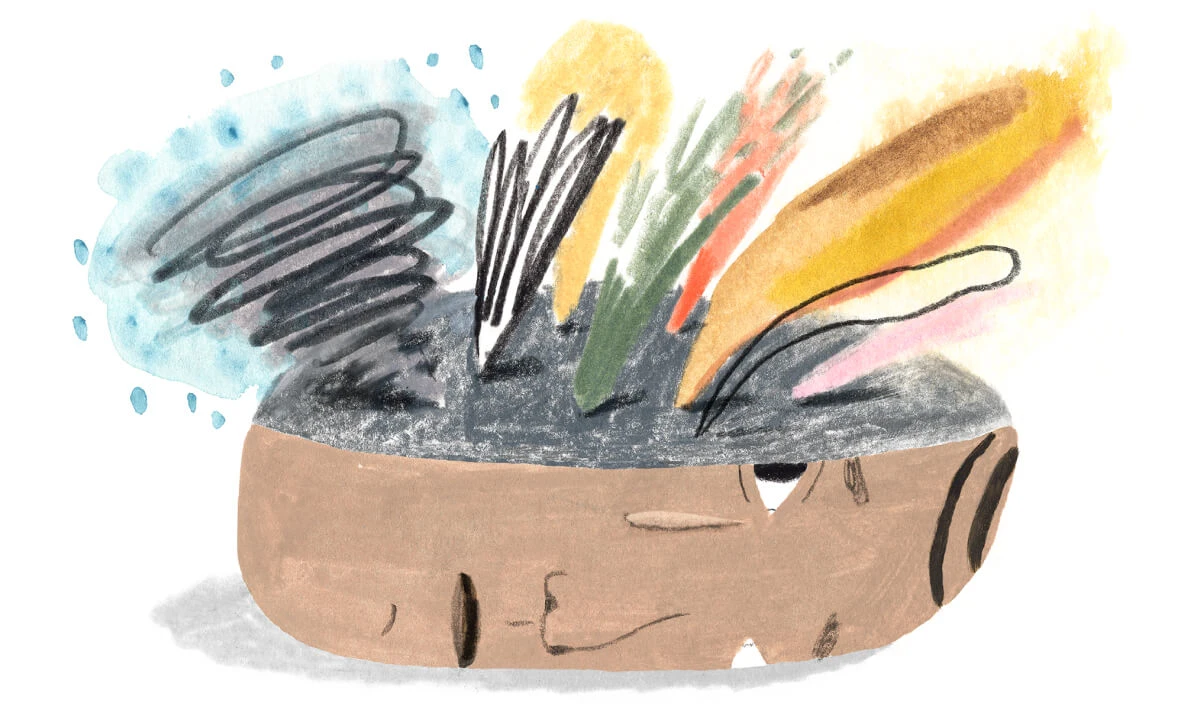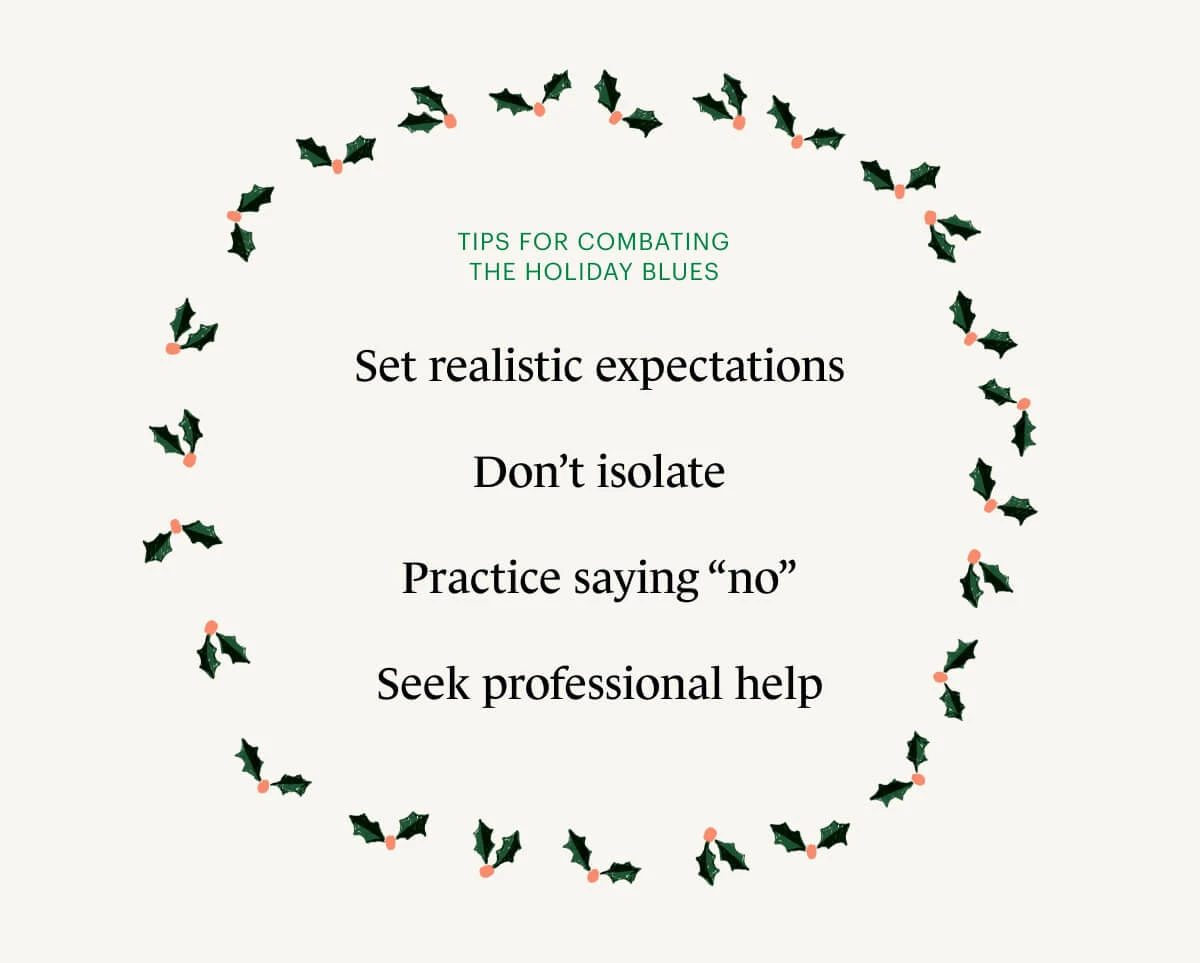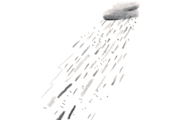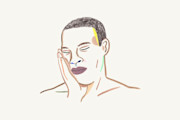'Tis the season to be jolly….right?
Well, maybe for some, but for others, the holidays can bring stress and sadness, instead of joy and laughter.
The holiday season can be tense and demanding and can leave some of us feeling overwhelmed and exhausted.
Feelings of melancholy during the holiday season are frequently referred to as "the holiday blues."
The holiday season can be tense and demanding and can leave some of us feeling overwhelmed and exhausted.
But are these so-called holiday blues perhaps actually depression?
Though many people who don’t typically deal with depression can struggle with the holiday blues, symptoms of the “holiday blues” can sometimes overlap with the symptoms of depression.
So, how can you tell what’s a seasonal funk, and what’s something more serious?
Signs and symptoms of the holiday blues
The holiday blues tend to be short-term, and, relatively mild compared to depression.
Signs generally last during the holiday months from October to December.
Making things confusing, the holiday blues can also overlap with or exacerbate other mental health disorders—including depression—so it’s important to be aware if any of the following symptoms last longer than the holiday season:
Sadness which is situational
Feeling stressed
Feeling anxious
Having trouble concentrating
Increased irritability
Fatigue

What causes the holiday blues?
Various experiences can trigger an episode of the holiday blues, but there are several common themes to be mindful of:
Unrealistic expectations
During the holiday season, popular culture and media is sated with images of joyful, close-knit families celebrating together. This can trickle down and lead people to believe that that’s how the holidays are supposed to be. Be careful not to build up your expectations about what your holiday season will be like.
Loneliness
The holidays can be especially difficult for those who either cannot be with their families and friends (which many of us have experienced thanks to COVID-19) or an absence of those connections in the first place. Guarding against feelings of loneliness can help stave off the holiday blues.
Financial stressors
Whether gifts, dinners, traveling, or whatever else, there are seemingly endless reasons we feel we have to spend money during the holidays. Pressure from pop culture, your family—or yourself!—can lead you to overextend yourself, financially, which is obviously stressful. Sticking to a budget can prevent this particular cause of the holiday blues.
Feeling overwhelmed
The holiday season can be a bustle of activity—socializing and hosting and traveling and eating and celebrating. Even thinking about it can be overwhelming. Some who get the holiday blues do so because they’ve taken on too much, not set firm boundaries, or spread themselves too thin.

Signs and symptoms of depression
Depression is a mental health disorder that is unlikely to resolve on its own and at times it can require professional help. Depression is more serious than the holiday blues and, without intervention, can linger well past one season. A crucial element of depression is that it interferes with daily life, including work, home, social life, etc.
Pay attention to the following serious signs:
Sadness that doesn’t lift
Loss of interest in activities that were previously enjoyable
Changes in weight and/or appetite
Frequent crying
Feelings of worthlessness and hopelessness
Difficulty sleeping
Thoughts of death, dying, or suicide
Unexplained physical aches and pains
If you experience a number of these for a prolonged period, it might be wise to seek professional help.
What causes depression?
Depression is a complicated combination of biological, psychological, and social factors. People who have experienced trauma or catastrophic life events have a higher risk of developing depression, as do people with family histories of depression—though trauma or family history don’t mean depression will necessarily occur. As a result of having depression, a person’s life can become more complicated and dysfunctional.
4 Tips for Coping
You’ll note that there’s significant overlap between the signs of depression and those of the holiday blues. The holiday blues may even exacerbate underlying depression. Both can be extremely taxing, so you must take care of yourself. Consider implementing the following:
1. Set realistic expectations
Consider challenging your expectations. Remember that things will go wrong, that’s part of life, but it doesn’t need to derail your happiness.
2. Don’t isolate
Isolation is a risk factor for depression. Being sad or blue might make you feel like you want to hide or avoid everyone. Reach out to a friend, volunteer your time, or take on a new hobby.
3. Practice saying “no”
Overextending yourself can lead to more stress and anxiety. Whether it is a social engagement or spending more money than you feel comfortable with, learning to say “no” and setting boundaries can free you up to select the things in life that are right for you.
4. Seek professional help
If the holiday blues feels more serious or if your symptoms do not resolve after the holidays, consider reaching out to a therapist for support. Therapists understand both the stressors that lead to the holiday blues and mental health conditions like depression.
The holiday blues may be seasonal, but that’s no reason to diminish your feelings. If these feelings continue after the season is over, don’t avoid them. If your symptoms begin to impact the activities of your daily life, consider reaching out to a professional.
Remember, depression is a treatable disorder and with the right intervention and treatment, you can be back in the festive spirit in no time!
READ NEXT: Why New Year's Resolutions Work Better Than You May Think
Need to find a therapist near you? Check out the SimplePractice Monarch Directory to find licensed mental health therapists with availability and online booking.





